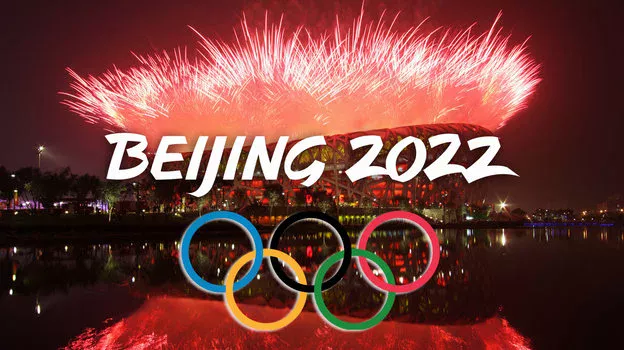At a press conference in Beijing, Chinese Ministry of Ecology and Environment spokesman Liu Yubin said that during the Winter Olympics, local governments can "take the necessary administrative measures and impose temporary restrictions on enterprises whose emissions and levels atmospheric pollution is high but has a limited impact on the economy.”
It is a common practice in China that whenever major political, sporting or special events are planned, industrial activities in the regions where the events are held, including steel production, are restricted to ensure clean air for participants and spectators. The mining industry is also scrutinized to limit the risk of accidents that could overshadow celebrations, Mysteel Global notes.
The Winter Olympic Games will be held from February 4 to 20 in Beijing, nearby Yanqing and Zhangjiakou in northern China's Hebei Province, and the Winter Paralympic Games will be held in the same cities from March 4 to 13. Liu acknowledged that the Olympic competitions will be held during the periods when winter gives way to spring (when usually) the weather conditions will be very unfavorable in terms of air quality.
In recent weeks, there have been rumors in the domestic market that steel production in Hebei and Shanxi provinces, as well as in East China's Shandong province and Central China's Henan province (both Hebei counties) have already been further limited due to the upcoming winter olympic games. However, representatives of factories in these regions interviewed by Mysteel Global on Wednesday said that their production remains stable.
"We have not yet received official notice from the local government to stop production for the duration of the Games," said a spokesman for a steel plant in Shijiazhuang City, Hebei Province.
But, he says, the plant has been operating at about half its capacity anyway since November, within the usual "winter heating season" restrictions.
Officers from two other steel producers in Shanxi also told Mysteel Global that "their production is normal" and have not yet heard of any restrictions related to the Olympics.
An iron ore trader who supplies raw materials to the Shandong mills also noted that the restrictions on Shandong steel mills are "nothing serious" at the moment.
In fact, as with the Shijiangzhuang plant, steelmakers in many cities in the four provinces mentioned are already complying with smog control restrictions during the "heating season" that runs from November to the end of March. According to Mysteel Global, factories in areas deemed environmentally sensitive are required to reduce production by 30% between January and March.
However, domestic market sources believe that further restrictions will come into effect as the start of the Games approaches, especially if air quality deteriorates. Already in Tangshan, the country's largest steelmaking city in Hebei province, local steelmakers have been asked since January 23 to limit the operation of sintering machines and blast furnaces, as well as the use of diesel trucks to transport raw materials and finished steel, in order to combat the sudden onset of severe air pollution.
"If there are additional restrictions (for the Olympics) - and I'm sure there will be - they are unlikely to be communicated in a written document with reference to the Games," commented a steel industry analyst from Beijing. “Most likely, the instructions will be given verbally or, as in the case of Tangshan, will be instructed on measures to combat poor air quality,” he said.
And just like the Tangshan steel workers, mining enterprises across the country, especially in northern China, are already expecting to be affected by the upcoming sporting event, but this measure has been included in the Chinese New Year (CNY) preparations.
From around January 31st, the official start of this year's CNY celebrations, mining businesses, including coal miners and iron ore miners, will not be able to use explosives in mining activities, and local governments will suspend the sale and distribution of explosives, as understood mysteel global. It is also a common practice in China before major national or international events and summits, and aims to limit the risk of accidents or similar disasters that could darken the national mood and divert public attention from the events.
Due to the Winter Olympics, the suspension of explosives shipments is expected to be extended after the end of the Chinese New Year holidays until at least mid-February," said a spokesman for a mining company from the province.




